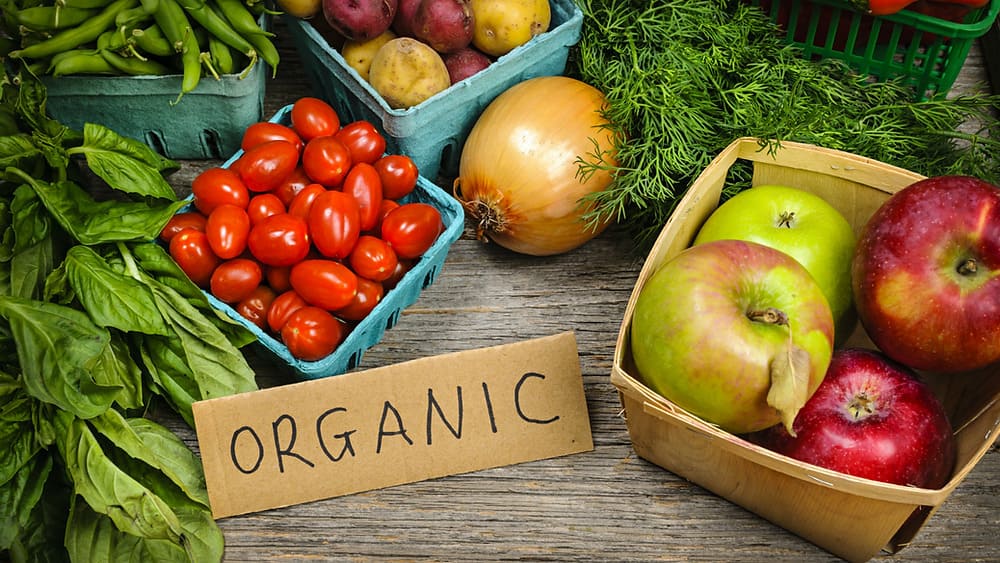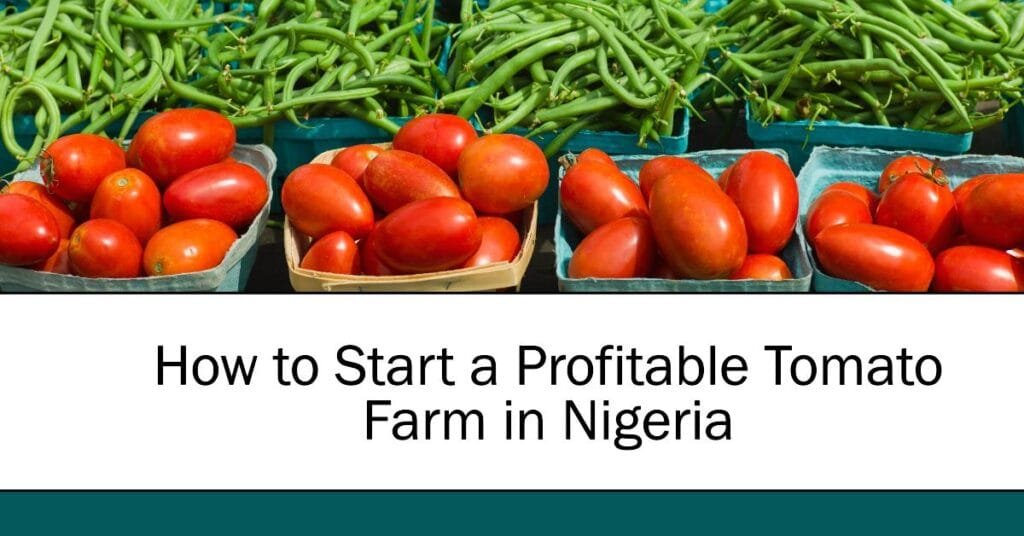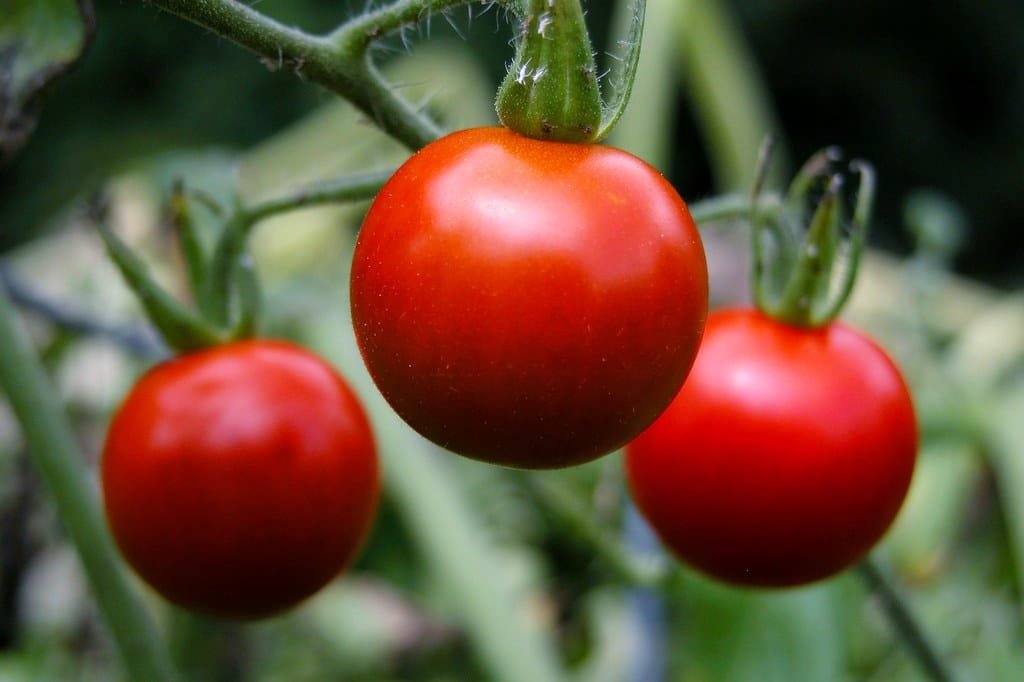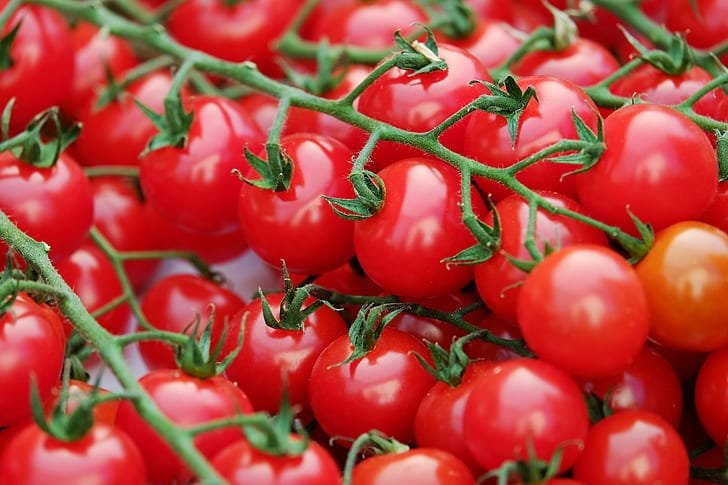When picking vegetables at the store, the choice between organic and non-organic (conventional) options can be overwhelming. I’ve been there – trying to make a decision that felt good for my health and wallet. I’ve learned a lot along the way, and I’m here to share everything you need to know about the real differences between organic and non-organic vegetables. Spoiler alert: the differences are more than just what’s on the label!
In this article, I’ll explain each option step-by-step, helping you make an informed decision based on your values, lifestyle, and goals. By the end, you’ll know whether it’s worth spending money on organic produce or whether conventional veggies are fine for your everyday meals.
What’s the Big Deal: Organic vs Non Organic Veggies?
Let’s start with the basics. The difference between organic and non-organic vegetables boils down to the farming methods used. Organic vegetables are grown using natural farming practices, while non-organic vegetables, often referred to as conventional, are produced using synthetic chemicals, pesticides, and sometimes GMOs (Genetically Modified Organisms).
Organic Veggies:
- Grown without synthetic pesticides or fertilizers.
- No GMOs or irradiation are involved.
- Emphasis on maintaining soil health and natural farming practices.
Non-Organic Veggies:
- May use synthetic pesticides and fertilizers to control pests and encourage growth.
- Possible use of genetically modified seeds or irradiation to preserve freshness.
- Soil health might be less of a priority compared to yields.
How Do These Farming Methods Affect You?
Chemicals & Pesticides: The Dirty Truth
One of the biggest concerns about conventional vegetables is the use of synthetic pesticides and fertilizers. These chemicals are designed to protect crops from pests and improve yield. But, what does that mean for us, the consumer? Well, trace amounts of these chemicals can linger on the vegetables you eat, even after washing them.
When I first learned about pesticide residues, I was pretty shocked. I had no idea that washing my veggies wasn’t enough to get rid of all the chemicals! While studies show that the levels of these chemicals are generally safe for consumption, the long-term effects of exposure are still being researched.
In contrast, organic veggies are grown without these chemicals, which means no worrying about potential long-term health risks. If you’re trying to limit your exposure to synthetic chemicals, organic might be the way to go.
Nutrient Content: Does Organic Pack a Healthier Punch?
Does buying organic vegetables give you more nutrients? It’s a common question, and the research isn’t exactly clear-cut. Some studies have suggested that organic vegetables might have higher antioxidant levels, and they may contain more omega-3 fatty acids than their non-organic counterparts. However, the nutritional differences are generally small and may not have a significant impact on your overall health.
I’ve found that I do feel better when I eat organic, but that could also be linked to the knowledge that I’m consuming fewer chemicals, which can make me feel more at ease.
Environmental Impact: Organic Wins Here
If you care about the environment (like I do), then organic farming is a clear winner in terms of sustainability. Organic farming methods focus on reducing pollution, promoting biodiversity, and protecting the ecosystem. The use of natural fertilizers and crop rotation helps improve soil health, leading to long-term benefits for the land. On the other hand, conventional farming, with its reliance on synthetic fertilizers and pesticides, can deplete the soil and harm local ecosystems.
I remember chatting with a farmer at my local market about this. He explained that organic farming is like nurturing the land to keep it healthy for years to come, while conventional farming sometimes treats the soil more like a temporary resource to extract from. The difference in mindset was eye-opening!
Taste Test: Do Organic Veggies Really Taste Better?
Here’s the fun part – the taste! Some people swear that organic vegetables taste better, while others don’t notice much of a difference. I’ve found that organic tomatoes, for example, have a richer flavour, but again, this can be a subjective experience.
Taste might also depend on where and how the vegetables are grown. For example, locally grown non-organic vegetables might taste fresher than organic ones that have been shipped across the country.
Are Organic Vegetables Safer for You?
Reduced Risk of Pesticide Exposure
While non-organic vegetables have pesticide residues, the levels are usually low and within the safety limits set by health authorities. Still, something is reassuring about knowing that organic vegetables are grown without these chemicals. For families with young children, pregnant women, or those who are particularly health-conscious, going organic could provide that extra peace of mind.
Risk of GMOs and Irradiation
One concern some people have with non-organic veggies is the use of GMOs and irradiation. Organic standards prohibit genetically modified organisms and irradiation, so if that’s a concern for you, organic is the clear choice. However, the use of GMOs in vegetables is still a bit of a grey area. Some argue that GMOs are safe to eat, while others believe they might pose long-term risks.
The Cost Factor: Are Organic Veggies Really Worth It?
One of the biggest barriers to buying organic vegetables is the cost. Organic farming is more labour-intensive and has lower yields, which makes organic produce more expensive. I know from experience that my grocery bill can skyrocket when I buy everything organic.
But here’s the thing: I’ve realized that it’s all about priorities. If you can’t afford to buy organic every time, focus on the fruits and vegetables that are most affected by pesticides. Some vegetables, like leafy greens, strawberries, and apples, have higher pesticide residues, so it may be worth buying them organic.
How to Shop Smart for Organic vs Non Organic Veggies
The Dirty Dozen and Clean Fifteen
If you’re trying to make the most of your budget while still cutting down on pesticide exposure, take note of the “Dirty Dozen” and the “Clean Fifteen.” These lists, put together by the Environmental Working Group, highlight the fruits and vegetables that have the most and least pesticide residues.
For example, the Dirty Dozen includes items like strawberries, spinach, and apples, which you might want to consider buying organic. Meanwhile, Clean Fifteen includes things like avocados, corn, and onions, which tend to have lower pesticide levels, making them safer when purchased conventionally.
Seasonal Shopping
Buying local, seasonal produce can make a huge difference in both taste and price. I’ve found that local, in-season veggies can often be found at lower prices and taste amazing, whether organic or not. Plus, it reduces your carbon footprint, which is a bonus.
The Bottom Line: Organic vs Non Organic Veggies – What’s Best for You?
So, what’s the verdict? It all depends on your priorities. If reducing chemical exposure, supporting sustainable farming, and getting the freshest produce are important to you, organic might be the way to go. However, if budget constraints or convenience are your top concerns, conventional veggies can still offer great nutritional value.
FAQs: Clearing Up Common Questions
1. Are organic vegetables pesticide-free?
No, but they are grown without synthetic pesticides. Organic farming uses natural alternatives.
2. Do organic vegetables taste better?
It depends! Some people claim organic tastes richer, but it’s subjective.
3. Are organic veggies more nutritious?
There are some minor differences in nutrient content, but it’s not always significant.
4. Why are organic vegetables more expensive?
They are grown with fewer synthetic chemicals and lower yields, leading to higher prices.
5. Can I wash pesticides off non-organic veggies?
Washing can reduce residues, but it won’t eliminate them.
Final Thoughts & Takeaways
If you’re anything like me, you’ve probably had moments of doubt about whether to invest in organic vegetables. The truth is, that both organic and non-organic options have their benefits and drawbacks. The key is finding a balance that fits your health goals, environmental concerns, and budget. So, next time you’re at the store, think about your priorities – and maybe pick up an organic carrot or two. It could make all the difference!
Let me know in the comments – what’s your take on organic vs non-organic veggies? Do you feel the difference?




